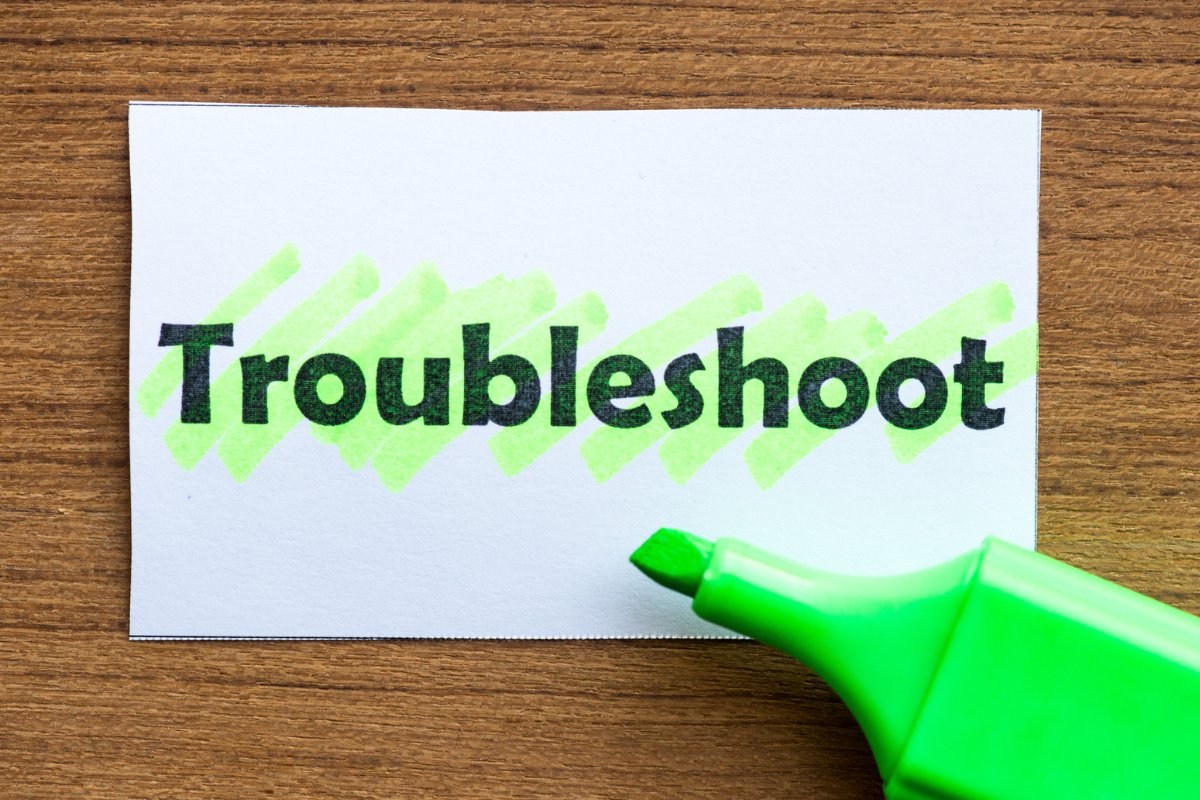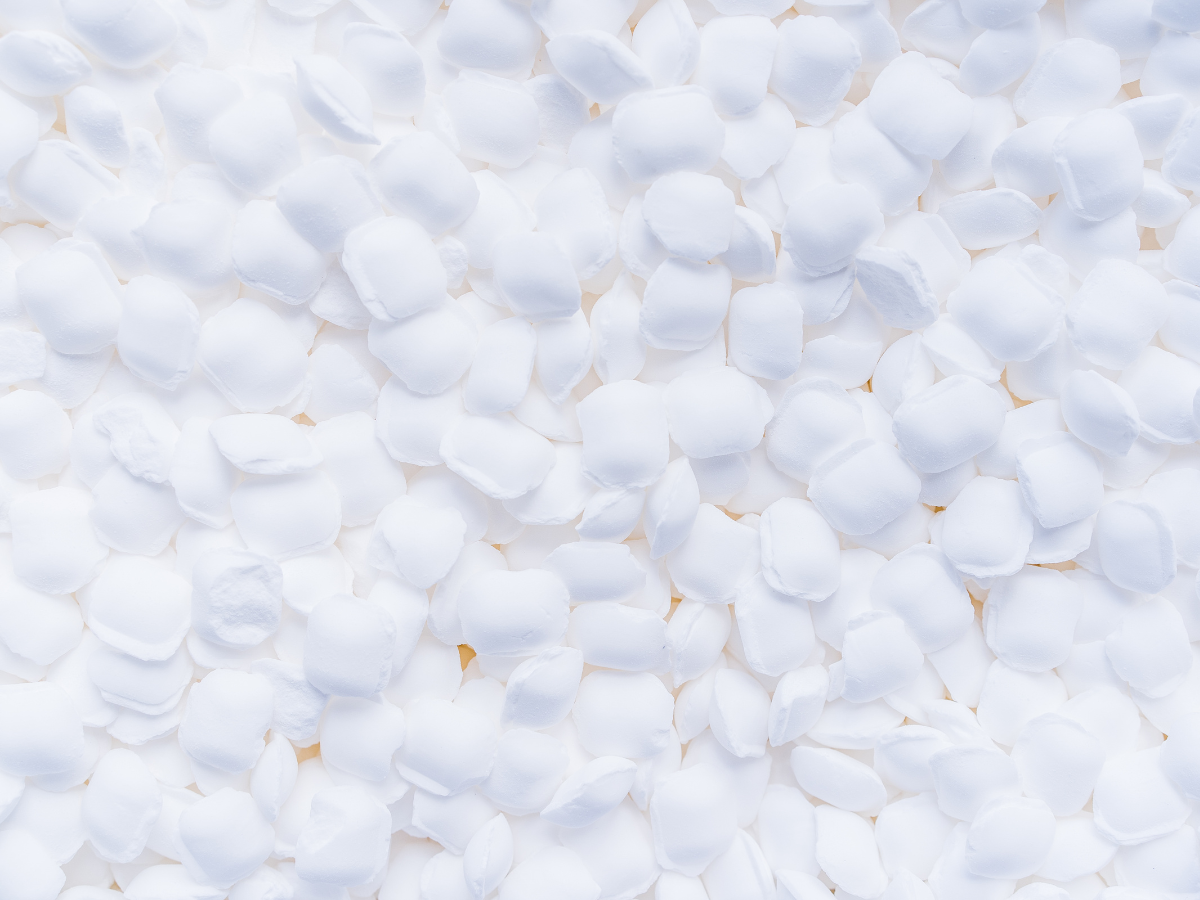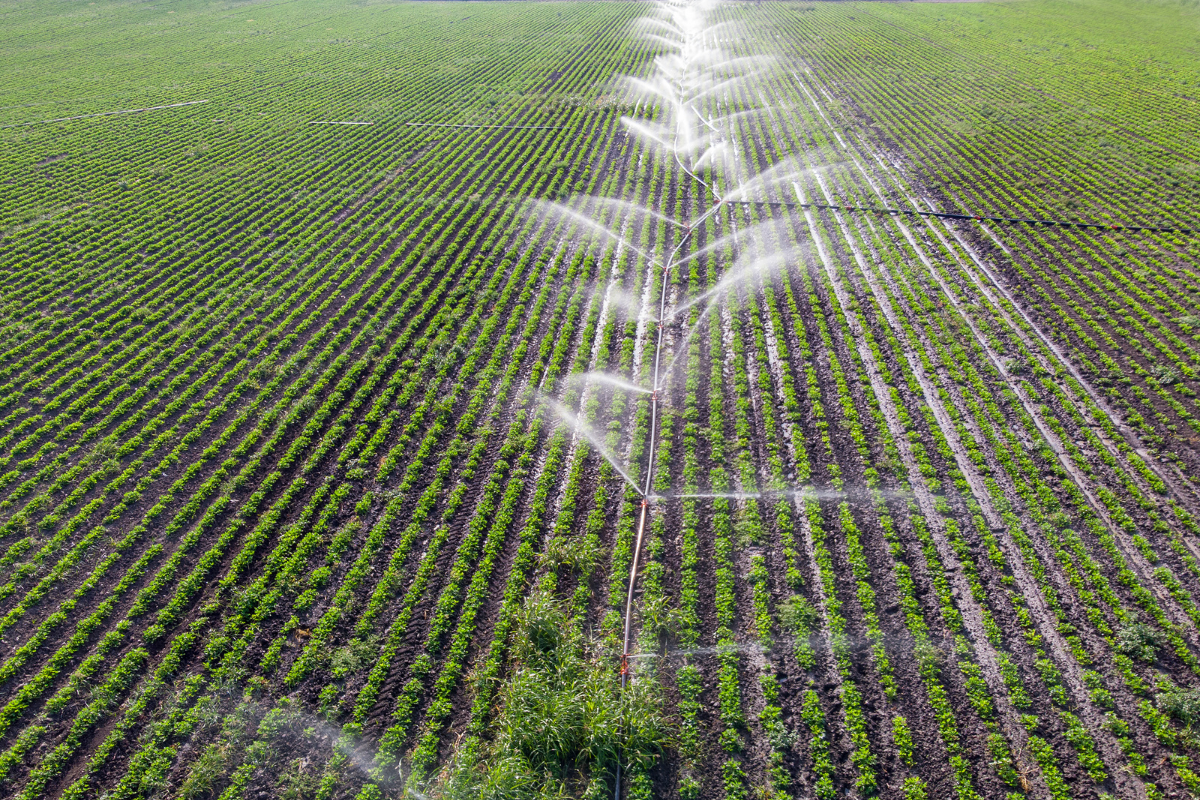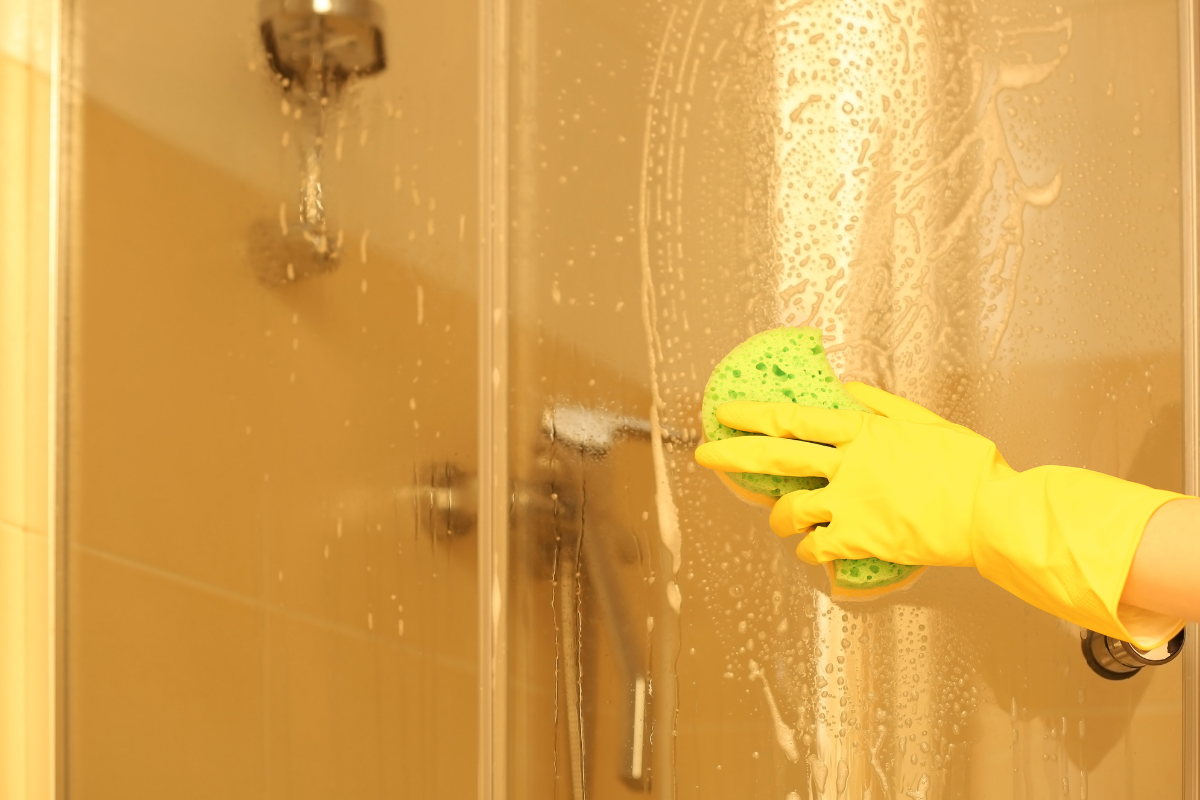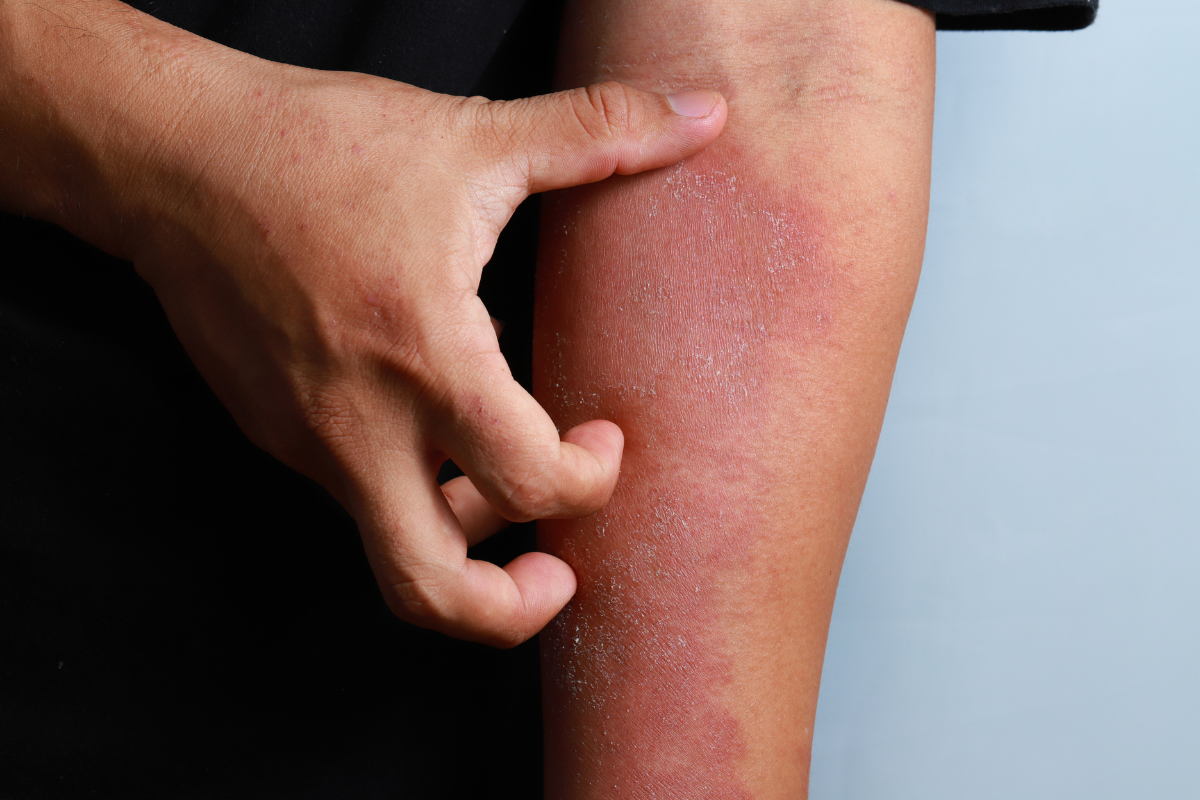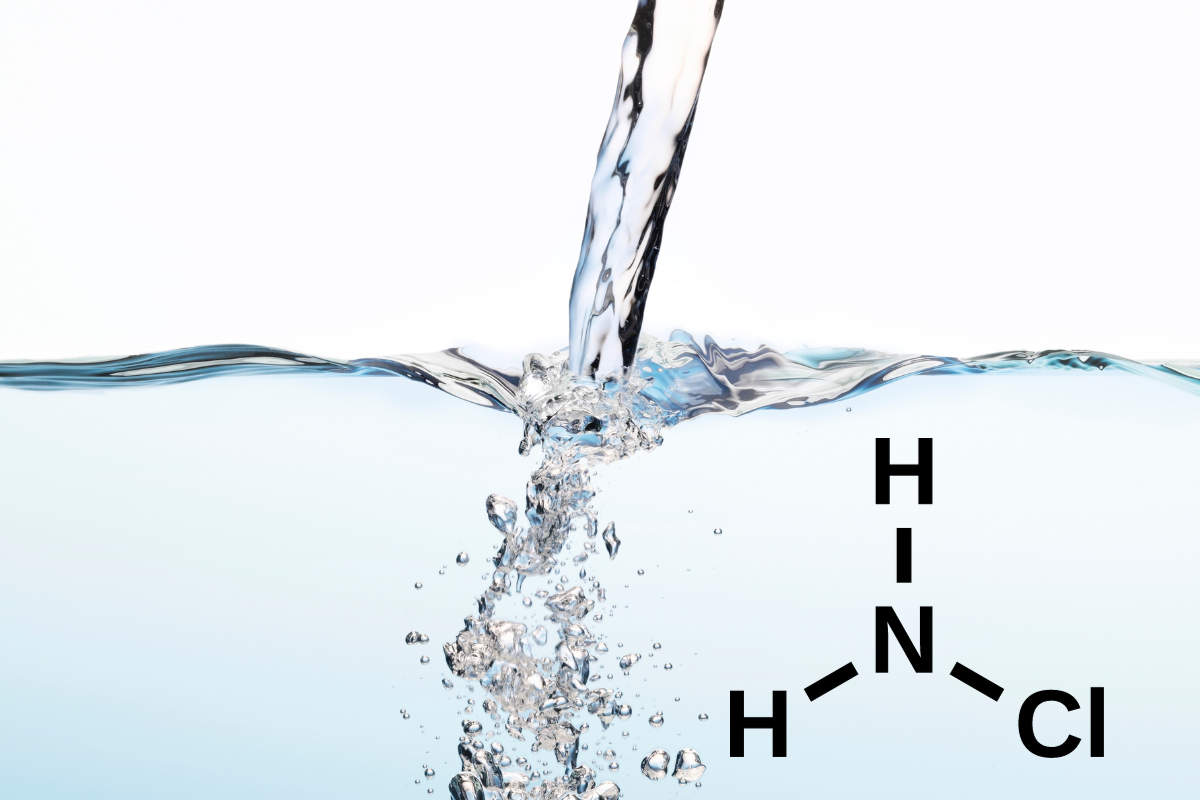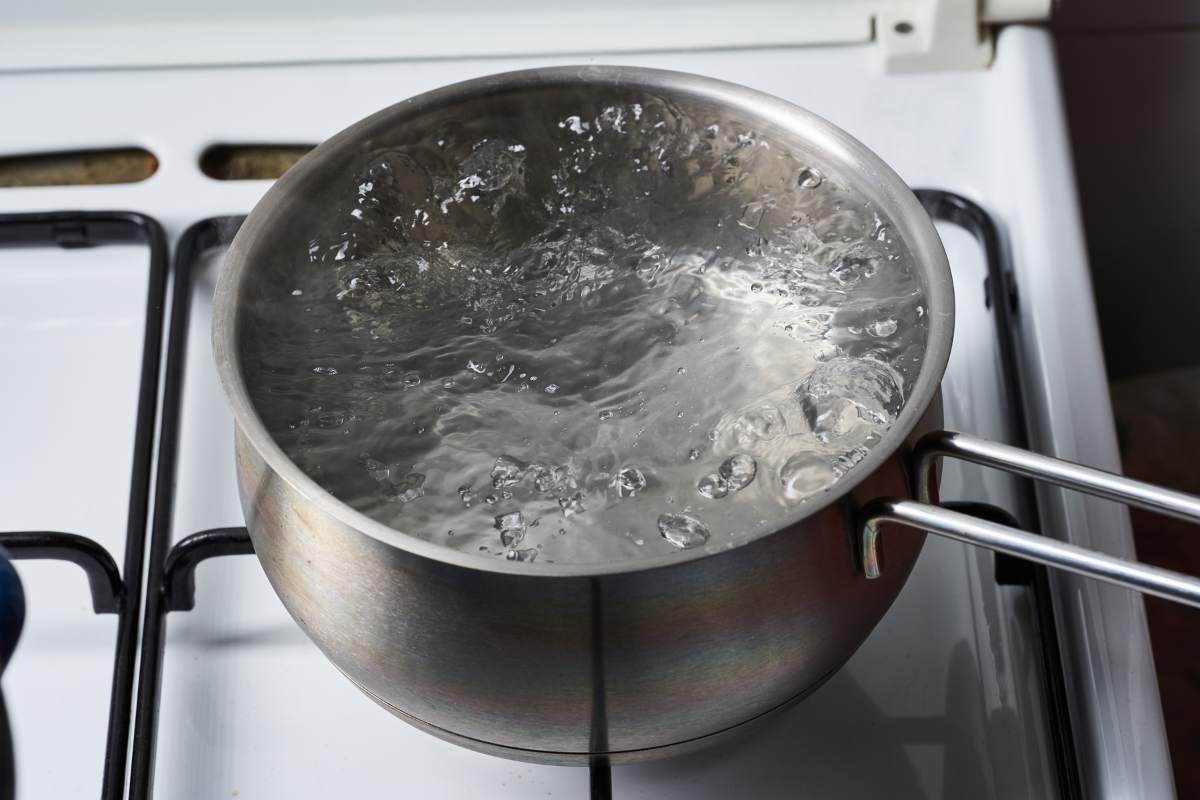PFAs in Sparkling Water
Is Sparkling Water Better For You Because It Doesn't Have PFAs?
Seltzer and sparkling water is all the rage. You get a punch of flavor, the refreshment of bubbles, the benefit of hydration, and zero calories. So what’s the catch? Forever chemicals, as it turns out. A 2020 study conducted on 12 top brands of sparkling water and found they contained alarming levels of PFAs. These man-made chemicals are known to have negative health effects, including cancer.
What Are PFAs?
“PFA” stands for “per and poly fluoroalkyl substance.” These chemicals emerged in the 1940s and were used in a variety of applications, most notably in the form of the non-stick agent, Teflon. They have since been phased out due to documented health impacts. They remain an issue, however, since they do not degrade over time and continue to leach into groundwater at manufacturing sites.
Among the myriad adverse health effects that PFAs have been known to cause, the most concerning include:
- Decreased immunity in children
- Increased risk of kidney and testicular cancer
- High cholesterol
- Liver problems
- Low birth weight
- Increased risk of pre-eclampsia in pregnant women
Why Does Sparkling Water Have PFAs?
The 2020 study by Consumer Reports found noticeably higher levels of PFAs in sparkling water as compared to non-carbonated water. The reasons for this are not exactly clear; but experts agree PFAs in sparkling water are likely due to three primary factors:
- The water source was contaminated
- Equipment used in the carbonation process had PFAs
- The brand’s treatment process is not able to effectively remove PFAs
What Level of PFAs in Water is Considered Safe?
Despite ongoing evidence to support the risks of PFAs in our water, the federal government has yet to set any regulations regarding safe levels. A voluntary guideline exists of 70 parts per trillion combined for the two most-studied PFAs: perfluorooctanoic acid (PFOA) and perfluorooctanesulfonic acid (PFOS).
Without enforced regulations, however, the “safe level” can vary wildly depending on where you live. Certain states, for example, recommend below 12 ppt of detectable PFAs in both non carbonated and sparkling water. Meanwhile, the
EWG is proposing standards that would lower the level to below 1 ppt.
For reference, a part per trillion (PPT) is about the size of a grain of sand in an Olympic-sized pool, which holds 490,000 gallons of water. 70 grains of sand in half a million gallons of water may not seem like much, but remember that these PFAs are called “forever” chemicals for a reason. They do not degrade, neither in the water nor in our bodies. This means even small amounts can build up over time, accumulating to potentially dangerous levels.
What Are the PFA Levels in Sparkling Water?
At 9.76 ppt, Topo Chico tops the list for the highest level of PFAs in sparkling water. Polar was second in the Consumer Report study, at 6.41 ppt. Bubly Blackberry had 2.24 ppt. Poland Spring, Canada Dry, Lacroix, and Perrier were also found to have levels above 1 ppt.
How Can You Avoid PFAs in Sparkling Water?
The only way you can completely avoid PFAs in sparkling water is to have a home filtration system that removes forever chemicals from your tap water, and then carbonate the water yourself. But again, since the carbonation process may contribute to the increased levels of PFAs, it may be best to avoid sparkling water for the most part. This is especially true for pregnant women and small children.
Remove PFAs From Home Water Supply
When it comes to ridding your home’s water of PFAs, the best solution is a reverse osmosis (RO) water filtration system. These systems not only effectively remove all traces of PFAs from your drinking water, they also filter out harmful contaminants like arsenic and phosphates. You also want to install a water softener to remove hard minerals that damage appliances and can wear out your RO membrane faster.
If you are looking for an affordable, high-quality water filtration and softening system in the state of Colorado, contact the WaterPros. We are dedicated to helping families achieve freshest water for drinking, cooking, and bathing. Call or go online today to schedule a visit.
